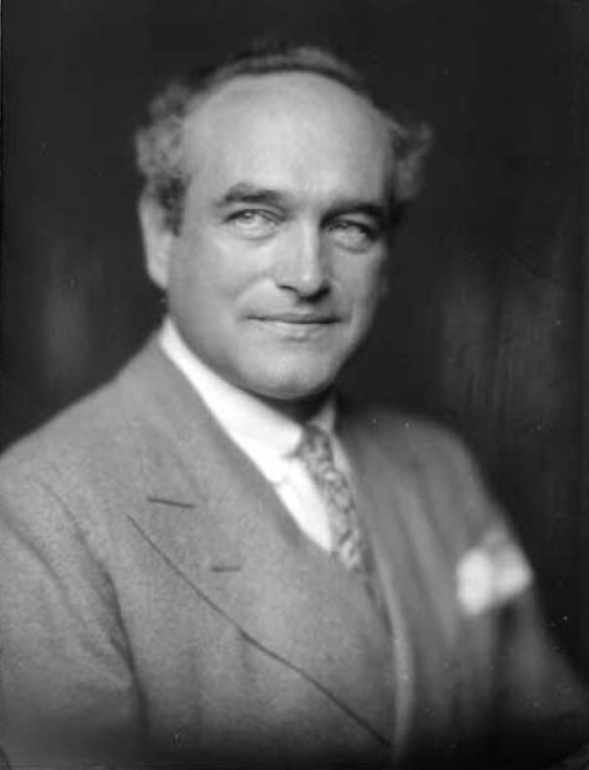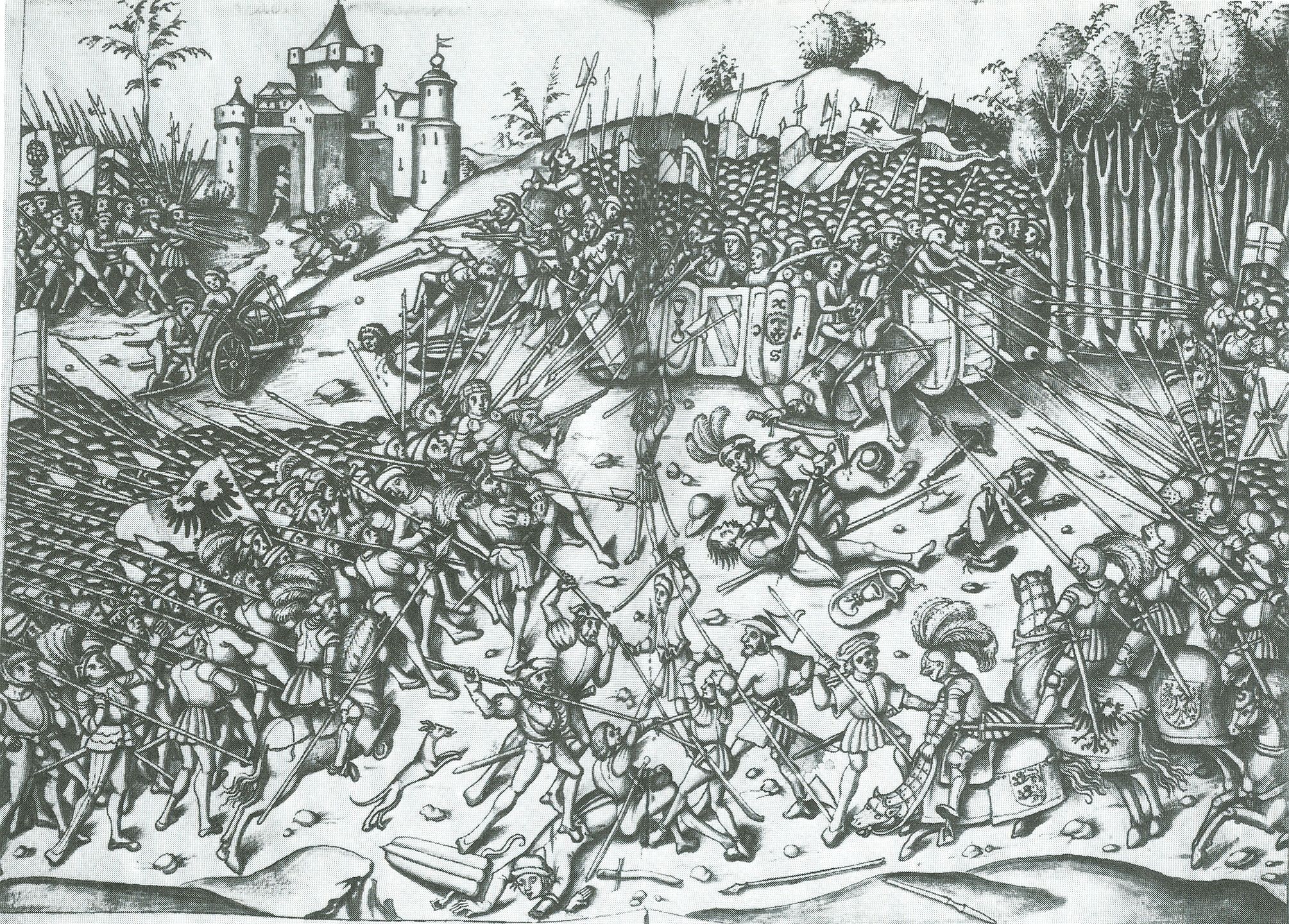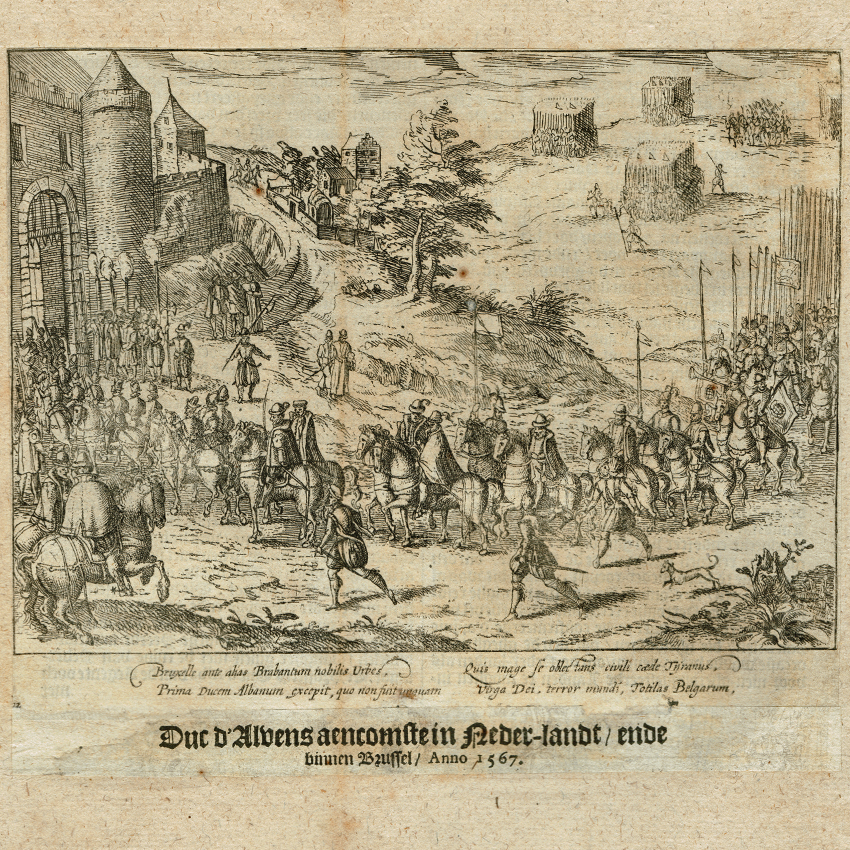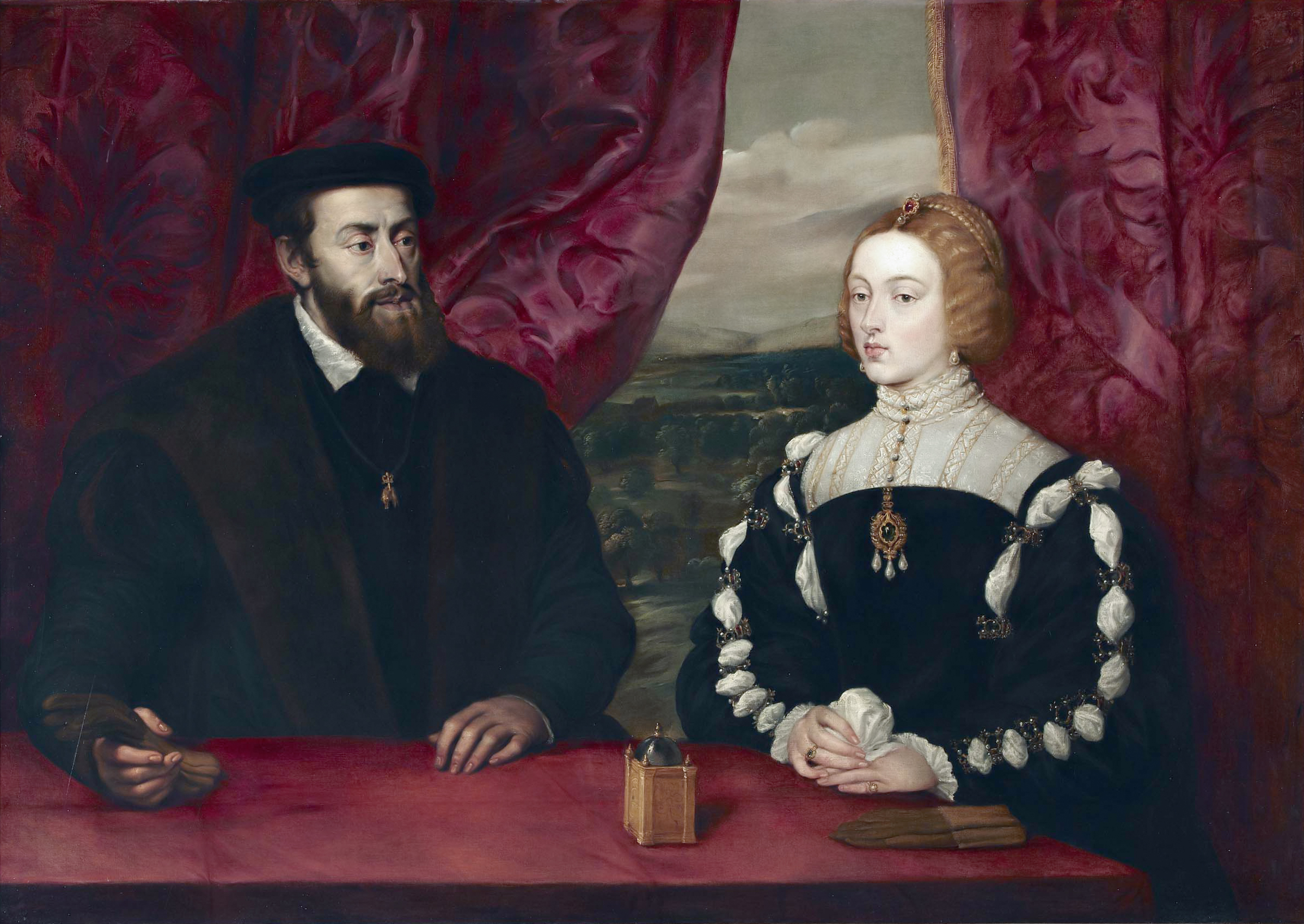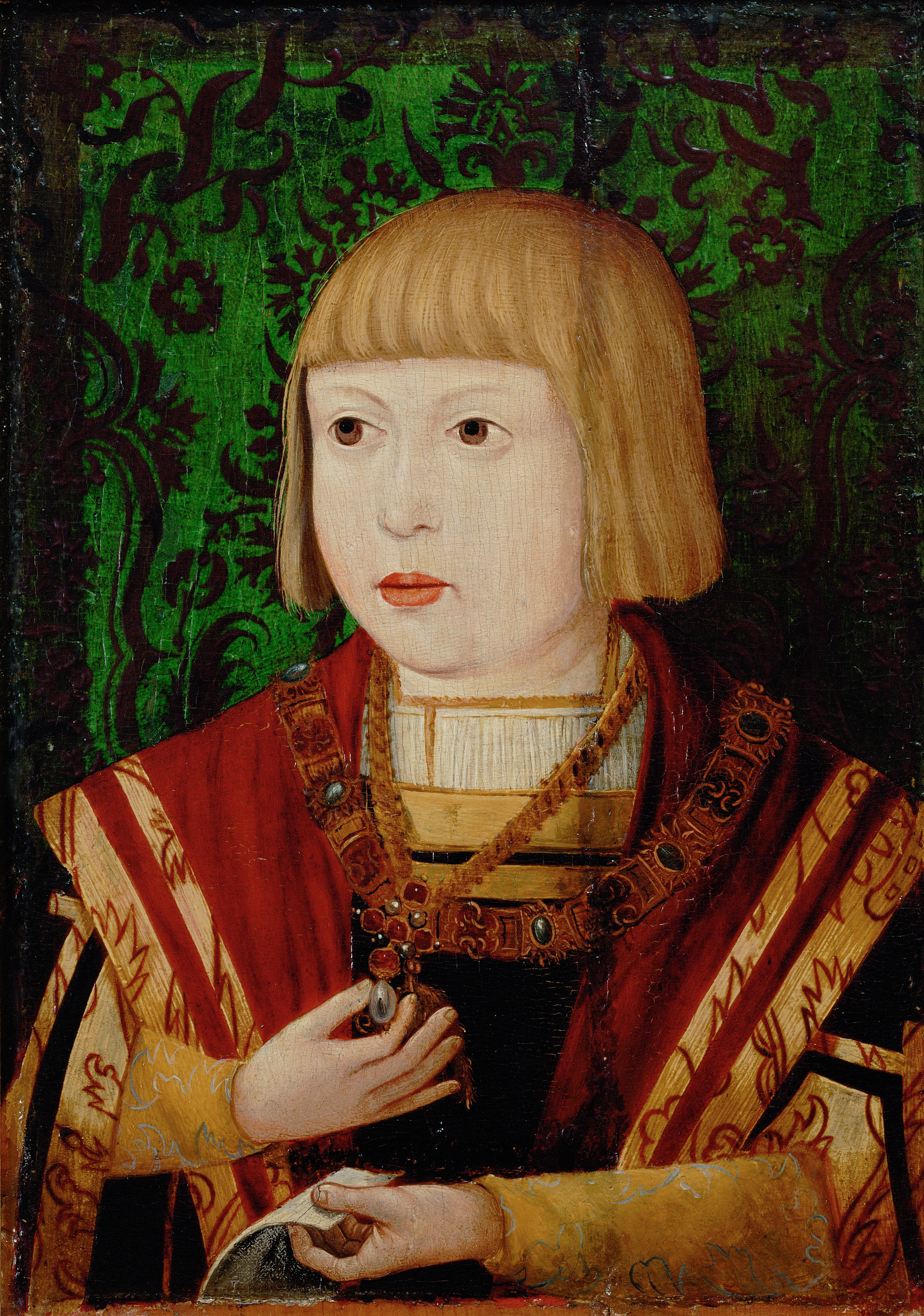|
Karl V (opera)
''Karl V.'' is an opera, described as a ''Bühnenwerk mit Musik'' (stage work with music) by Ernst Krenek, his opus 73. The German libretto is by the composer. His student Virginia Seay collaborated with him on the English translation of the libretto. The first completed full-length twelve-tone opera tells the story of Emperor Charles V's life in a series of flashbacks on a split stage, devices which the composer only much later recognized as "cinematic" in style; there is also some use of ''Sprechstimme''. History Originally commissioned in 1930 by the Vienna State Opera for performance in 1934, this much anticipated work became a ''cause célèbre'' when the production was cancelled after Krenek was blacklisted in Germany by the Nazi government immediately following the German parliamentary elections in March 1933. The composer believed it was its strong emphasis on Christian universality that made ''Karl V.'' "utterly intolerable" to the Nazis.Ogdon 1972, 103. A con ... [...More Info...] [...Related Items...] OR: [Wikipedia] [Google] [Baidu] |
Ernst Krenek
Ernst Heinrich Krenek (, 23 August 1900 – 22 December 1991) was an Austrian, later American, composer of Czech origin. He explored atonality and other modern styles and wrote a number of books, including ''Music Here and Now'' (1939), a study of Johannes Ockeghem (1953), and ''Horizons Circled: Reflections on my Music'' (1974). Krenek wrote two pieces using the pseudonym Thornton Winsloe. Life Born Ernst Heinrich Křenek in Vienna (then in Austria-Hungary), he was the son of a Czech soldier in the Austro-Hungarian army. He studied there and in Berlin with Franz Schreker before working in a number of German opera houses as conductor. During World War I, Krenek was drafted into the Austrian army, but he was stationed in Vienna, allowing him to go on with his musical studies. In 1922 he met Alma Mahler, widow of Gustav Mahler, and her daughter, Anna, to whom he dedicated his Symphony No. 2, and whom he married in January 1924. That marriage ended in divorce before its first anniv ... [...More Info...] [...Related Items...] OR: [Wikipedia] [Google] [Baidu] |
Pavel Ludikar
Pavel Ludikar (3 March 1882 – 19 February 1970) was a Czech operatic bass who had a highly successful international singing career from 1904 through 1944. He began his career in his native country and by 1911 had arisen at many of the major opera houses in Europe. From 1913 to 1935 his career was mainly centered in North and South America. The peak of his opera career was reached at the Metropolitan Opera in New York City, where he was committed from 1926 to 1932. He returned to Europe in 1935 to assume directorship of the Neues deutsches Theatre in Prague, remaining there until the theatre was closed in September 1938 due to Nazi occupation, effectively ending his stage career. The height of his later years in Prague was his portrayal of the title hero in the world premiere of Ernst Krenek's ''Karl V'' in June 1938. One of the great singer-actors of his generation, Ludikar sang a broad repertoire of music which encompassed a total of twelve languages. He was particularly loved ... [...More Info...] [...Related Items...] OR: [Wikipedia] [Google] [Baidu] |
Francis I Of France
Francis I (french: François Ier; frm, Francoys; 12 September 1494 – 31 March 1547) was King of France from 1515 until his death in 1547. He was the son of Charles, Count of Angoulême, and Louise of Savoy. He succeeded his first cousin once removed and father-in-law Louis XII, who died without a son. A prodigious patron of the arts, he promoted the emergent French Renaissance by attracting many Italian artists to work for him, including Leonardo da Vinci, who brought the ''Mona Lisa'' with him, which Francis had acquired. Francis' reign saw important cultural changes with the growth of central power in France, the spread of humanism and Protestantism, and the beginning of French exploration of the New World. Jacques Cartier and others claimed lands in the Americas for France and paved the way for the expansion of the first French colonial empire. For his role in the development and promotion of the French language, he became known as ''le Père et Restaurateur des ... [...More Info...] [...Related Items...] OR: [Wikipedia] [Google] [Baidu] |
Georg Von Frundsberg
Georg von Frundsberg (24 September 1473 – 20 August 1528) was a German military and Landsknecht leader in the service of the Holy Roman Empire and Imperial House of Habsburg. An early modern proponent of infantry tactics, he established his reputation in active service during the Italian Wars under Emperor Maximilian I and his successor Charles V. Life Frundsberg was born to Ulrich von Frundsberg, a captain of the Swabian League forces, and his wife Barbara von Rechberg at Mindelheim, into an old line of Tyrolean knights who had settled in Upper Swabia. In 1492 he followed his father in the campaign of the Hohenzollern margrave Frederick I of Brandenburg-Ansbach, authorized to execute the Imperial ban against Duke Albert IV of Bavaria. As Albert gave in, the expedition was cancelled. Frundsberg fought for the Habsburg emperor Maximilian I against the Swiss Confederacy in the Swabian War of 1499, where he had to realize that the era of the heavy armoured knights was ... [...More Info...] [...Related Items...] OR: [Wikipedia] [Google] [Baidu] |
Fernando Álvarez De Toledo, 3rd Duke Of Alba
Fernando Álvarez de Toledo y Pimentel, 3rd Duke of Alba (29 October 150711 December 1582), known as the Grand Duke of Alba (, pt, Grão Duque de Alba) in Spain and Portugal and as the Iron Duke ( or shortly 'Alva') in the Netherlands, was a Spanish noble, general and diplomat. He was titled the 3rd Duke of Alba de Tormes, 4th Marquess of Coria, 3rd Count of Salvatierra de Tormes, 2nd Count of Piedrahita, 8th Lord of Valdecorneja, Grandee of Spain and a Knight of the Order of the Golden Fleece. His motto in Latin was ''Deo patrum nostrorum'' ("To the God of our fathers"). He was an adviser of King Charles I of Spain (Charles V, Holy Roman Emperor), and his successor, Philip II of Spain, Mayordomo mayor of both, member of their Councils of State and War, governor of the Duchy of Milan (1555–1556), viceroy of the Kingdom of Naples (1556–1558), governor of the Netherlands (1567–1573) and viceroy and constable of the Kingdom of Portugal (1580–1582). He represented Phil ... [...More Info...] [...Related Items...] OR: [Wikipedia] [Google] [Baidu] |
Jesuit
, image = Ihs-logo.svg , image_size = 175px , caption = ChristogramOfficial seal of the Jesuits , abbreviation = SJ , nickname = Jesuits , formation = , founders = , founding_location = , type = Order of clerics regular of pontifical right (for men) , headquarters = Generalate:Borgo S. Spirito 4, 00195 Roma-Prati, Italy , coords = , region_served = Worldwide , num_members = 14,839 members (includes 10,721 priests) as of 2020 , leader_title = Motto , leader_name = la, Ad Majorem Dei GloriamEnglish: ''For the Greater Glory of God'' , leader_title2 = Superior General , leader_name2 = Fr. Arturo Sosa, SJ , leader_title3 = Patron saints , leader_name3 = , leader_title4 = Ministry , leader_name4 = Missionary, educational, literary works , main_organ = La Civiltà Cattoli ... [...More Info...] [...Related Items...] OR: [Wikipedia] [Google] [Baidu] |
Francis Borgia
Francis Borgia ( ca-valencia, Francesc de Borja; es, Francisco de Borja; 28 October 1510 – 30 September 1572) was a Spanish Jesuit priest. The great-grandson of Pope Alexander VI, he was Duke of Gandía and a grandee of Spain. After the death of his wife, Borgia renounced his titles and became a priest in the Society of Jesus, later serving as its third superior general. He was canonized on 20 June 1670 by Pope Clement X. Early life He was born in the Duchy of Gandía in the Kingdom of Valencia (part of Aragon), on 28 October 1510. His father was Juan Borgia, 3rd Duke of Gandía, the son of Giovanni Borgia, the son of Pope Alexander VI (Rodrigo Borgia). His mother was Juana, daughter of Alonso de Aragón, Archbishop of Zaragoza, who, in turn, was the illegitimate son of King Ferdinand II of Aragon. His brother, Tomás de Borja y Castro, also entered the Church, becoming Bishop of Málaga, and later Archbishop of Zaragoza. As a child he was very pious and wished ... [...More Info...] [...Related Items...] OR: [Wikipedia] [Google] [Baidu] |
Isabella Of Portugal
Isabella of Portugal (24 October 1503 – 1 May 1539) was the empress consort and queen consort of her cousin Charles V, Holy Roman Emperor, King of Spain, Archduke of Austria, and Duke of Burgundy. She was Queen of Spain and Germany, and Lady of the Netherlands from 10 March 1526 until her death in 1539, and became Holy Roman Empress and Queen of Italy in February 1530. She was the regent of Spain because of her husband's constant travels through Europe, focusing on the kingdom's policies independent of the Empire and managing the economy. Childhood Isabella was born in Lisbon on 24 October 1503 and named after her maternal grandmother (Isabella I) as well as her maternal aunt, who had been her father's first wife. She was the second child and first daughter of King Manuel I of Portugal and his second wife, Maria of Aragon. Isabella was second-in-line to the throne until the birth of her brother Luis in 1506. Isabella was educated under the supervision of her gove ... [...More Info...] [...Related Items...] OR: [Wikipedia] [Google] [Baidu] |
Kurt Baum
Kurt Baum (March 15, 1900 – December 27, 1989) was an Austria-Hungary born American operatic tenor. He is best remembered for his 25 seasons spent with the Metropolitan Opera, between 1941 and 1966. Life and career Born ethnic German-Jewish in Cologne on March 15, 1900, Kurt Baum attended high school in Cologne, Germany where his father did business and attended medical school at the University of Prague. Robust and athletic, Baum was at one time the amateur heavyweight boxing champion of Czechoslovakia and member of Max Schmeling's Sports Club in Cologne. Baum never considered a career in music until a friend urged him to study music after hearing him sing a German drinking song at a party. In 1933, he dropped out of medical school and began attending the Music Academy of Berlin where he studied for less than a year. In 1933 Baum won first prize at the Vienna International Singing Competition, and his operatic début came in the same year in Zurich in Zemlinsky's '' Der ... [...More Info...] [...Related Items...] OR: [Wikipedia] [Google] [Baidu] |
Tenor
A tenor is a type of classical male singing voice whose vocal range lies between the countertenor and baritone voice types. It is the highest male chest voice type. The tenor's vocal range extends up to C5. The low extreme for tenors is widely defined to be B2, though some roles include an A2 (two As below middle C). At the highest extreme, some tenors can sing up to the second F above middle C (F5). The tenor voice type is generally divided into the ''leggero'' tenor, lyric tenor, spinto tenor, dramatic tenor, heldentenor, and tenor buffo or . History The name "tenor" derives from the Latin word '' tenere'', which means "to hold". As Fallows, Jander, Forbes, Steane, Harris and Waldman note in the "Tenor" article at ''Grove Music Online'': In polyphony between about 1250 and 1500, the enor was thestructurally fundamental (or 'holding') voice, vocal or instrumental; by the 15th century it came to signify the male voice that sang such parts. All other voices were normal ... [...More Info...] [...Related Items...] OR: [Wikipedia] [Google] [Baidu] |
Ferdinand I, Holy Roman Emperor
Ferdinand I ( es, Fernando I; 10 March 1503 – 25 July 1564) was Holy Roman Emperor from 1556, King of Bohemia, Hungary, and Croatia from 1526, and Archduke of Austria from 1521 until his death in 1564.Milan Kruhek: Cetin, grad izbornog sabora Kraljevine Hrvatske 1527, Karlovačka Županija, 1997, Karslovac Before his accession as Emperor, he ruled the Austrian hereditary lands of the Habsburgs in the name of his elder brother, Charles V, Holy Roman Emperor. Also, he often served as Charles' representative in the Holy Roman Empire and developed encouraging relationships with German princes. In addition, Ferdinand also developed valuable relationships with the German banking house of Jakob Fugger and the Catalan bank, Banca Palenzuela Levi Kahana. The key events during his reign were the conflict with the Ottoman Empire, which in the 1520s began a great advance into Central Europe, and the Protestant Reformation, which resulted in several wars of religion. Although not a mili ... [...More Info...] [...Related Items...] OR: [Wikipedia] [Google] [Baidu] |
Soprano
A soprano () is a type of classical female singing voice and has the highest vocal range of all voice types. The soprano's vocal range (using scientific pitch notation) is from approximately middle C (C4) = 261 Hz to "high A" (A5) = 880 Hz in choral music, or to "soprano C" (C6, two octaves above middle C) = 1046 Hz or higher in operatic music. In four-part chorale style harmony, the soprano takes the highest part, which often encompasses the melody. The soprano voice type is generally divided into the coloratura, soubrette, lyric, spinto, and dramatic soprano. Etymology The word "soprano" comes from the Italian word '' sopra'' (above, over, on top of),"Soprano" '' |

